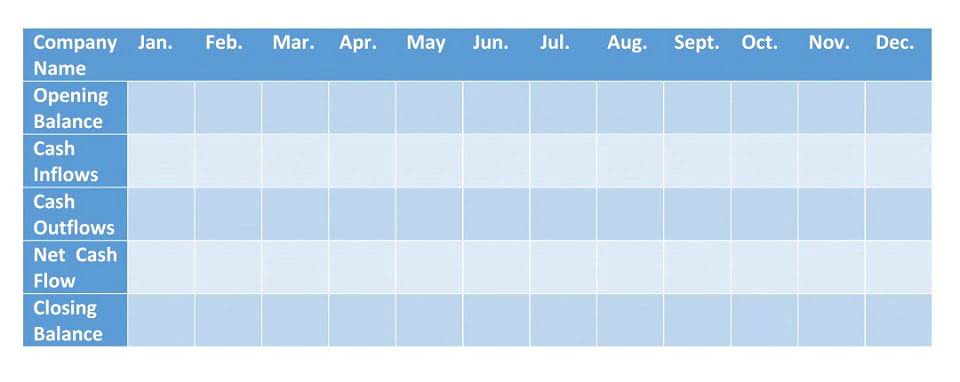
In his brewery accounting work, Faith has seen breweries both small and massive wrestle with all measures of software and technology issues. He’s watched multi-million barrel breweries operate almost entirely on paper and others using personal Gmail accounts to deal in proprietary information. He has some advice for managing digital operations within your brewery.
Closing the Gap: Celebrating Female Leadership in the Restaurant Industry
You’ll also learn how you can use technology to simplify your accounting process and save time on manual tasks. Automating the process of collecting and reconciling accounts receivables allows you to reduce manual labour and makes it easier to track transactions and payments. Notch is a great tool for streamlining this process as it can be easily integrated with existing systems such as Quickbooks or Xero. This helps businesses manage their invoices, payments, customers, and more in one system. The intuitive dashboard gives users an easy way to view all outstanding invoices quickly while also allowing them to keep track of customer payment trends over time. Additionally, Notch allows businesses to set up automated reminders that will help ensure timely collection of payments from customers.

Use a Brewery Management Software (When Ready!)

And then we have excise taxes, which are charged straight to the brewery, not to customers. The brewery has to pay the federal government an excise tax on each barrel of production, and usually another excise tax to the state government. The state rates are wildly different, with Accounting for Churches some states like Wyoming charging next to nothing, and Alaska charging super-high rates.
- This software is also compatible with Square and Arryved software, allowing you to keep your systems in sync.
- Our team of brewery consultants, accountants, tax specialists and industry experts are here to help breweries like yours grow, profit, and thrive.
- Many of the leading breweries, wineries, distilleries, agriculture & food, dairy, and industrial manufacturers here in the USA and around the world, turn to us for innovative Glycol Chillers.
- Again huddled up with the partners making major decisions for the brewery based on gut feel, strong opinions, and back-of-the-napkin math.
- Are your salespeople making too much for the income they’re bringing in?
Step 4: Reconcile your accounts

And in case you don’t know what a growler is, it’s a refillable jug used to transport draft beer. And if you don’t know what draft beer is, it’s beer served from a keg. Course DescriptionThe operations of a brewery present several unique issues for the accountant, especially in regard to beer costs and taproom operations. Common financial reports for breweries include income statements, bookkeeping balance sheets, and cash flow statements.


But it’s also super critical to the health and longevity of your business. Bookkeeping is one of those tasks that we all put off for as long as possible. This tool files your taxes automatically, assists with compliance, and finds hidden tax credits to save you money. Every tool in Square’s POS is designed to help your team move quickly and efficiently, from order entry to back-of-house operations. Great point-of-sale systems give you easy and accurate details of your income by category.
- A larger brewery might even accrue for expected amounts of stale beer, which brings up one of the best account names ever, and I am not making this up – accrued stale beer.
- All in all, setting up a comprehensive accounting system helps reduce mistakes while making it easier for breweries to stay on top of their finances, maintain customer relationships, and remain profitable in the long run.
- Your point-of-sale (POS) system should integrate with your other bookkeeping solutions.
- Use a good chart of accounts and make sure that finished goods going to retail are left alone.
- However, we imagine that most people wait until the end of the month to do their bookkeeping… and that’s okay.
- For most breweries, the numbers are the “uncomfortable unknown.” Owners rely on the local CPA or the jack-of-all-trades, in-house bookkeeper to prepare the financials they use to make the most meaningful decisions in their business.
Keeping track of an accurate picture of your profit across different channels and regions is easiest with a bookkeeping tool or accounting firm. According to Derek, an accurate snapshot of your brewery costs is especially critical on the “cost of goods sold” side, because breweries often buy goods and ingredients in bulk. Using a reliable financial tool helps you, as a brewery owner, understand how to manage your money and run your business effectively.